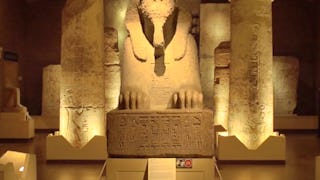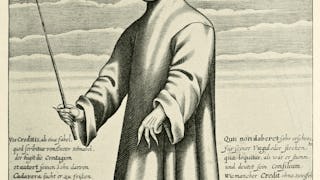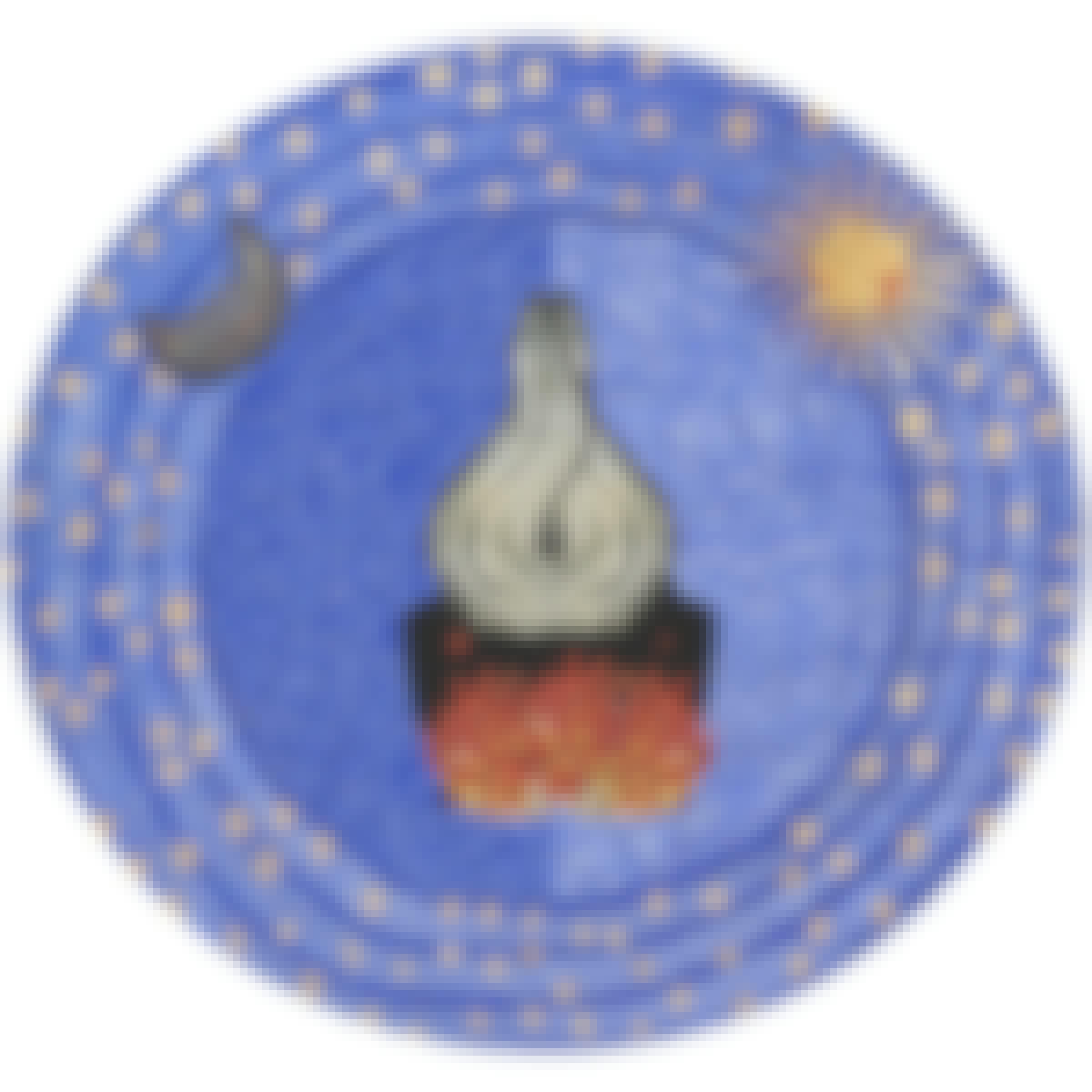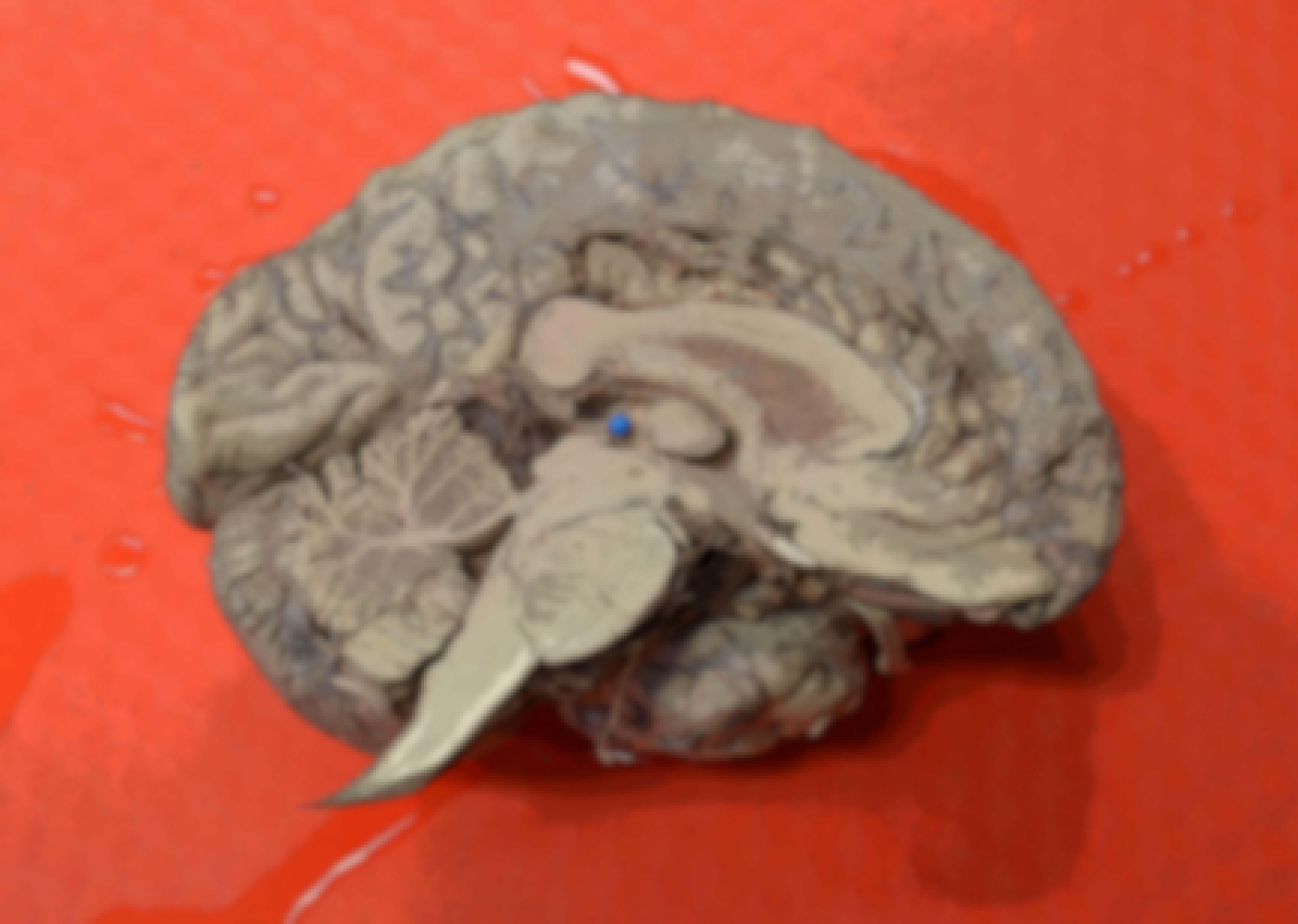Filter by
SubjectRequired
LanguageRequired
The language used throughout the course, in both instruction and assessments.
Learning ProductRequired
LevelRequired
DurationRequired
SkillsRequired
SubtitlesRequired
EducatorRequired
Results for "medical history documentation"

Skills you'll gain: Research Design, Medical Science and Research, Statistics, Data Literacy, Scientific Methods, Clinical Research, Medical Terminology
 Status: Free Trial
Status: Free TrialSkills you'll gain: Desktop Support, Computer Hardware, Technical Support, Software Installation, Help Desk Support, Technical Documentation, Hardware Troubleshooting, Software Documentation, Customer Support, End User Training and Support, Computer Networking, Information Technology, Computer Architecture, Technical Communication, Linux, Microsoft Windows

University of Pittsburgh
Skills you'll gain: Medical Terminology, Vital Signs, Laboratory Testing, General Medical Tests and Procedures, Patient Safety, Clinical Experience, Medication Administration, Emergency and Intensive Care, Medical Prescription, English Language, Chronic Diseases, Anatomy

University of Pennsylvania
Skills you'll gain: Ancient History, Art History, Anthropology, Social Studies, Timelines, World History, Liberal Arts, Cultural Diversity, Governance, Research Methodologies, Investigation, Storytelling

University of California, Santa Cruz
Skills you'll gain: Healthcare Ethics, Pharmacology, General Medicine, Medical Science and Research, Mental and Behavioral Health Specialties, Medical History Documentation, Ancient History, World History, Cultural Responsiveness, Public Health

Duke University
Skills you'll gain: Respiration, Anatomy, Pulmonology, Cardiology, Nephrology, Urology, Kinesiology, Vital Signs, Neurology, Biology, Nutrition and Diet, Gynecology
 Status: Free Trial
Status: Free TrialGoogle
Skills you'll gain: Agile Project Management, Backlogs, Agile Methodology, User Story, Sprint Planning, Agile Product Development, Product Roadmaps, Sprint Retrospectives, Kanban Principles, Coaching, Team Management, Organizational Change, Prioritization, Problem Solving, Influencing
 Status: Free Trial
Status: Free TrialUniversity of Pennsylvania
Skills you'll gain: People Management, Financial Reporting, Financial Statements, Operations Management, Health Disparities, Income Statement, Employee Performance Management, Financial Analysis, Leadership and Management, Health Systems, Health Equity, Health Care Administration, Innovation, Process Improvement and Optimization, Decision Making, Organizational Structure, Performance Improvement, Health Care Procedure and Regulation, Health Care, Insurance

Universitat de Barcelona
Skills you'll gain: European History, World History, Art History, Research, Investigation, Cultural Diversity, Anthropology

University of Pennsylvania
Skills you'll gain: Vital Signs, Respiration, Pulmonology, Health Assessment, Cardiology, Systems Of Measurement, Neurology, Patient Evaluation, Anatomy, Biology

Duke University
Skills you'll gain: Neurology, Anatomy, Medical Science and Research, Psychology, Pathology, Molecular Biology, Biology, Pharmacology

The University of Chicago
Skills you'll gain: Neurology, Psychology, Kinesiology, Anatomy, Behavioral Health, Human Learning, Human Development, Blood Pressure, Mental and Behavioral Health, Mental Health Diseases and Disorders, Respiration, Vital Signs, Biology, Speech Language Pathology
In summary, here are 10 of our most popular medical history documentation courses
- Understanding Medical Research: Your Facebook Friend is Wrong: Yale University
- Technical Support Fundamentals: Google
- Clinical Terminology for International and U.S. Students: University of Pittsburgh
- Introduction to Ancient Egypt and Its Civilization: University of Pennsylvania
- The History of Medicine: Philosophy, Science, and Psychology: University of California, Santa Cruz
- Introductory Human Physiology: Duke University
- Agile Project Management: Google
- The Business of Health Care: University of Pennsylvania
- Magic in the Middle Ages: Universitat de Barcelona
- Vital Signs: Understanding What the Body Is Telling Us: University of Pennsylvania










